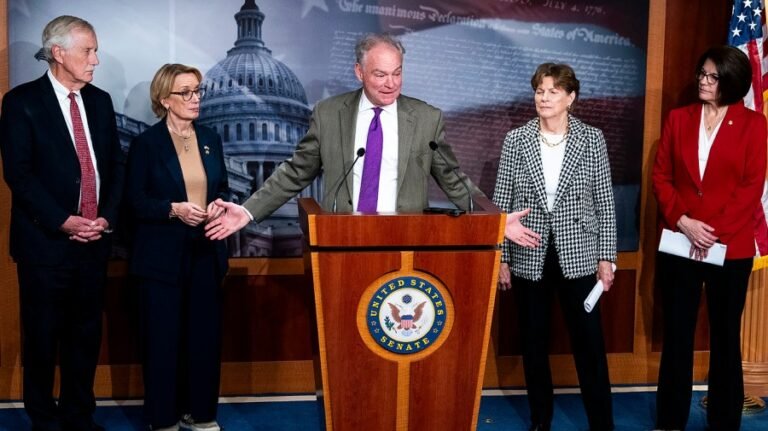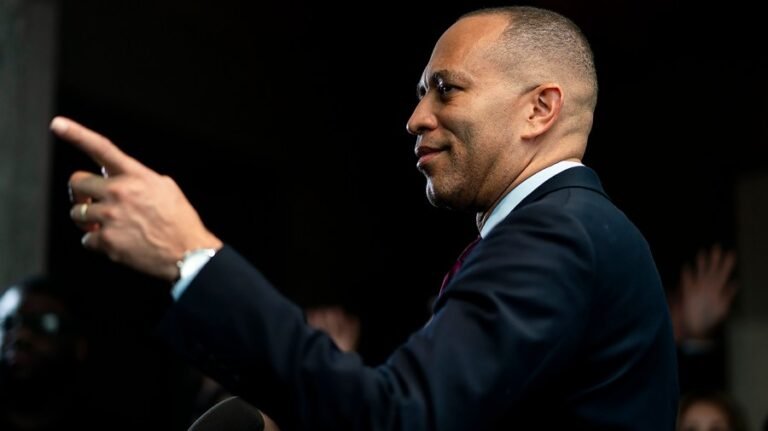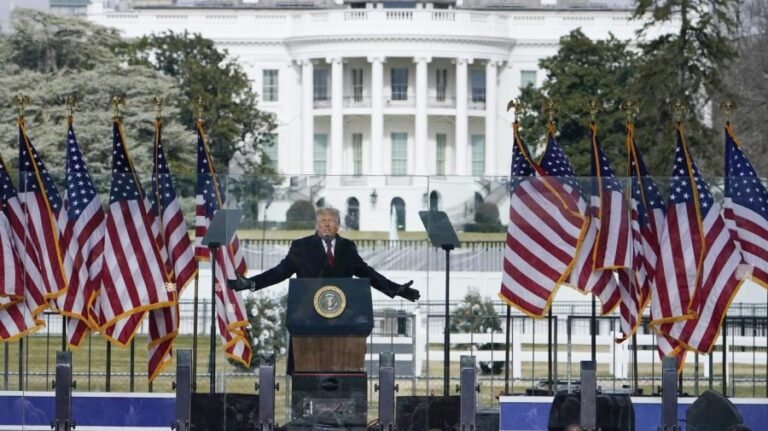
More than 1,000 flights across the country were canceled as of Friday morning, as the Federal Aviation Administration (FAA) and airlines look to deal with staffing shortages exacerbated by the ongoing government shutdown.
Transportation Secretary Sean Duffy announced earlier this week that flight reductions were necessary to ensure safety amid the lapse in funding. The FAA on Thursday outlined the 40 major airports that see flights reduced by 4 percent as airports across the U.S. suffer from an increasing number of air traffic controller call-outs.
Air traffic controllers are deemed necessary personnel and have missed out on at least two full paychecks since the shutdown began over a month ago and as lawmakers in Washington remain at an impasse on passing a stopgap funding bill that would turn the lights back on.
With reductions in place, American Airlines expects to cancel 220 flights per day, United will cut fewer than 200 trips, Delta will decrease by 170 flights and Southwest plans to scrap roughly 120, according to the airlines. Technical difficulties and other normal delays and cancellations add additional numbers.
“Even with these cancellations, we plan to operate around 6,000 daily flights,” American Airlines said Thursday in a statement on its website. “We are continuing to communicate with impacted customers.”
“We encourage everyone to check their flight status on AA.com or the mobile app,” the airline added.
Airports in Texas, Virginia, North Carolina, Alaska, Illinois, Florida and a host of other states have also been required to scale back operations to comply with the FAA’s unprecedented safety regulation.
“The FAA’s goal is to relieve pressure on the aviation system so that we can all continue to operate safely. That is the FAA’s highest priority, and ours as well,” United said in a statement, committing to rolling back domestic flights that are not traveling between hubs. “No matter what environment we’re operating in, we will not compromise on safety.”
“These reductions will start on Friday, November 7, and we will continue to make rolling updates to our schedule as the government shutdown continues so we can give our customers several days’ advance notice and to minimize disruption for them and for all of you,” it continued.
There have been roughly 1,119 cancelations and over 10,000 delays as of Friday morning, according to FlightAware’s tracker. That number does not distinguish between those caused by the FAA’s reduction and regular maintenance or weather delays.
Airlines are required to provide a refund to passengers if they are already at the airport and cannot reschedule their trip. However, individual travelers are not entitled to compensation from the companies.
“The vast majority of our Customers’ flights will not be disrupted, and Southwest will communicate directly with affected Customers as soon as possible,” Southwest Airlines wrote in a statement. “All Southwest Customers with travel booked through next Wednesday, November 12 may choose to adjust their travel plans at no cost or receive a refund if they choose not to travel, regardless of whether their flight is affected.”
“International flights will not be impacted. We will continue to update Customers as this situation evolves,” the airline added.


